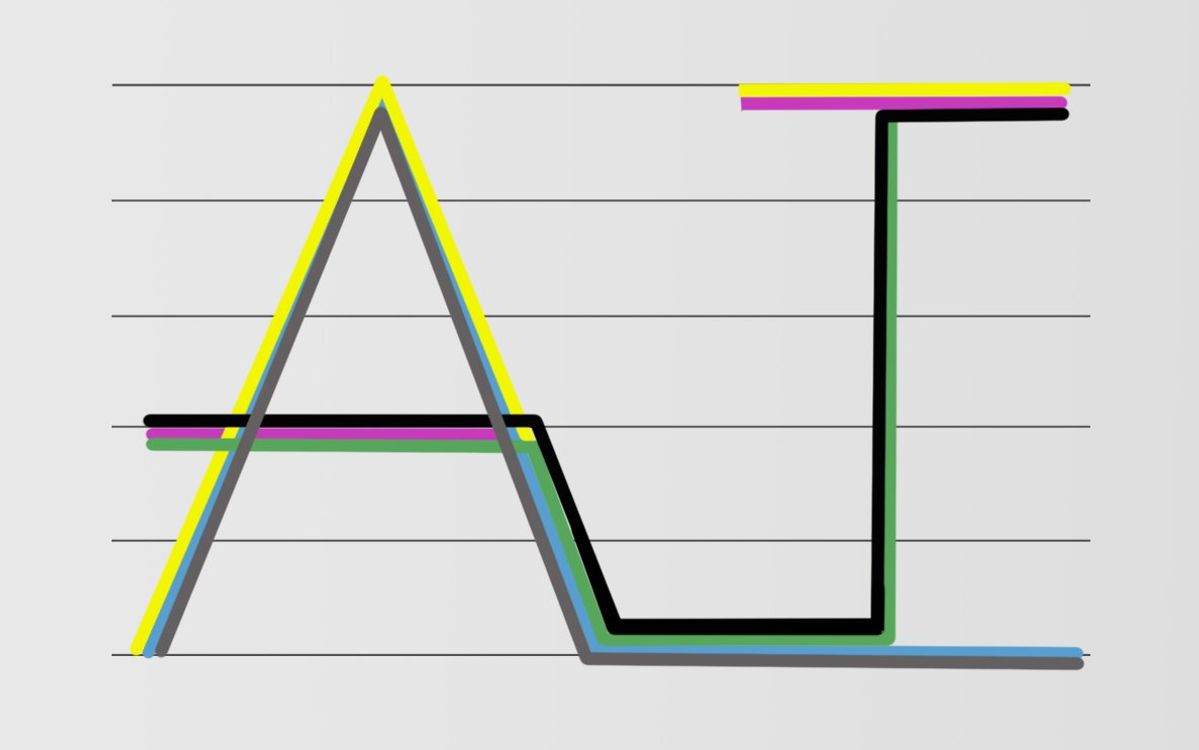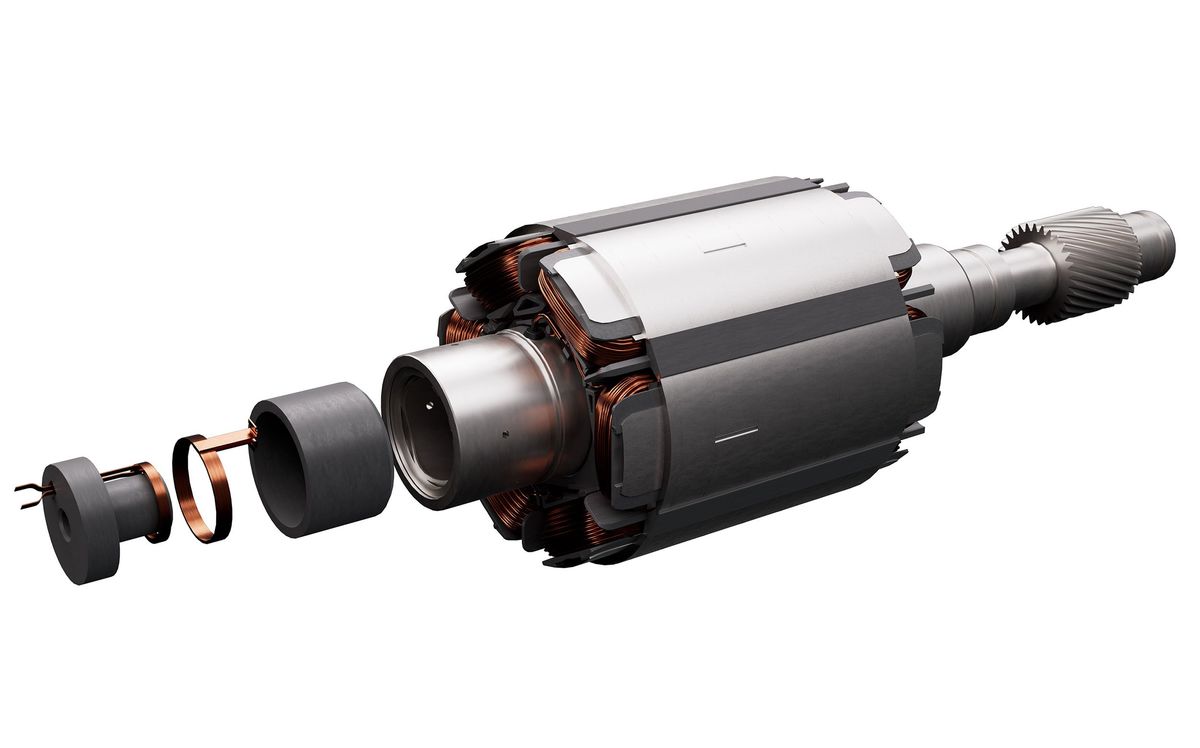Having already entered into a strategic alliance in the last year, the Canadian company American Vanadium and Germany's Gildemeister announced this week that the former will market the latter's CellCube vanadium redox flow battery in North America. Flow batteries, though not a new technology as such, have the especially attractive feature of being scalable, whether to store energy from a single photovoltaic panel or to provide backup for a grid-scale wind farm. Gildemeister's CellCube series, with sizes ranging from 10-30 KW of power capacity and 40-130 kWh of energy storage capacity, is intermediate scale. Some 50 CellCube units have been installed this year, according to Reuters, and so the company and its technology appear to be coming on strong.
American Vanadium, based in Vancouver, British Columbia, brags of owning a large untapped vanadium deposit in Nevada and has been developing a mining process—unusual with this particular metal—of leaching it out, with the fortuitous effect of ending up with a leaching fluid containing vanadium that is nearly identical to what's needed as electrolyte in the flow battery. It remains to be seen, however, whether Gildemeister's granting American Vanadium CellCube marketing rights actually represents a vote of confidence in Vanadium's mining approach. (So far, Gildemeister has been unresponsive to requests for an open-ended interview.)
American Vanadium and Gildemeister are by no means the only significant innovators pursuing flow battery technology. Others include Beijing-based Prudent Energy with its trademarked VRB-ESS vanadium redox flow battery, Japan's Sumitomo Electric Industries, and EnerVault, ZBB Energy and Premium Power in the United States. In that larger context, the American Vanadium-Gildemeister link-up is but a small step, but it may turn out to be an especially significant one, nonetheless.
Photo: Gildemeister



